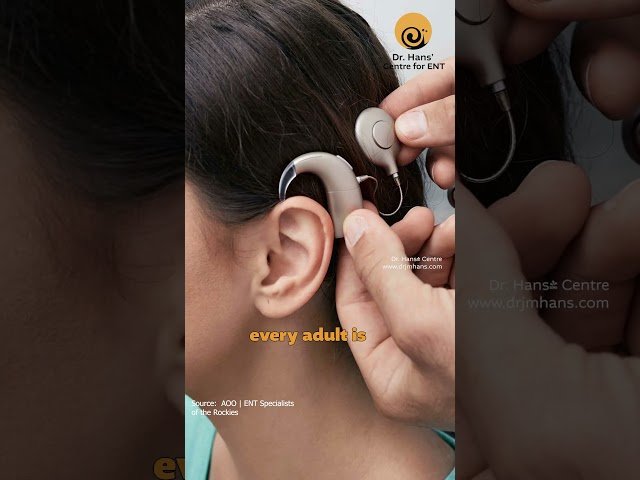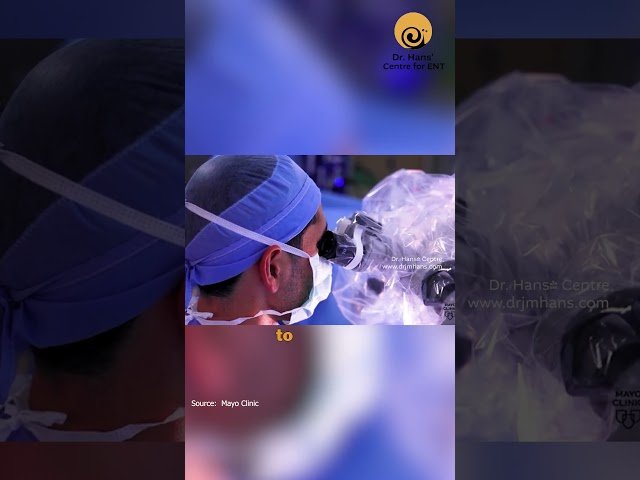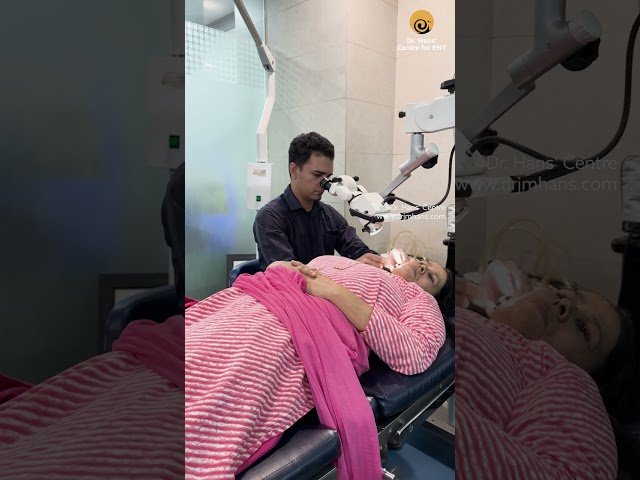Tinnitus (Ringing Ears)
Overview
Tinnitus
Tinnitus is often described as a ringing, buzzing, hissing, or clicking sound in the ears that is not caused by an external source. It can vary in intensity and may be constant or intermittent. While it is commonly perceived as an annoying or distracting sound, it can significantly impact an individual’s quality of life, leading to difficulty concentrating, sleeping, or even hearing. Causes of Tinnitus The exact cause of tinnitus can vary widely from person to person. Some common causes include:
- Hearing Loss: Age-related hearing loss or damage to the inner ear can lead to tinnitus. As we age, the sensory hair cells in the cochlea can become damaged, leading to both hearing loss and the perception of sound.
- Exposure to Loud Noise: Prolonged exposure to loud sounds, such as music concerts, machinery, or gunfire, can damage the delicate hair cells in the inner ear, resulting in tinnitus.
- Ear Infections or Blockages: Conditions like ear infections, wax buildup, or
- Meniere’s disease: It is the increased pressure of your inner ear fluid.
- Head and Neck Injuries: Trauma to the head or neck can affect the auditory system and trigger tinnitus.
- Medications: Certain medications, known as ototoxic drugs, can cause or worsen tinnitus. These may include high doses of aspirin, certain antibiotics, and chemotherapy drugs.
- Underlying Health Conditions: Tinnitus can be associated with various health issues, such as hypertension, diabetes, or thyroid problems.
Symptoms
Symptoms of Tinnitus The primary symptom of tinnitus is the perception of sound in the absence of an external source. The sound can vary in pitch and volume and may be heard in one or both ears. Other symptoms may include:
- Hearing difficulties
- A feeling of fullness in the ear
- Increased sensitivity to sound (hyperacusis)
- Sleep disturbances or anxiety due to the constant noise
Tests & Diagnosis
Diagnosis of Tinnitus If you experience persistent tinnitus, it’s essential to consult a healthcare professional. They will conduct a thorough examination, which may include:
- A detailed medical history
- Hearing tests to assess the extent of hearing loss
- Imaging tests (like MRI or CT scans) if necessary to rule out underlying conditions
Treatment
Treatment Options
While there is no one-size-fits-all treatment for tinnitus, several options can help manage symptoms:
- Sound Therapy: This involves using background noise or white noise machines to help mask the tinnitus sounds. Many people find relief by listening to soft music or nature sounds.
- Cognitive Behavioral Therapy (CBT): CBT can help individuals change their perception of tinnitus and reduce anxiety and distress associated with the condition.
- Hearing Aids: If tinnitus is linked to hearing loss, hearing aids can amplify external sounds, making tinnitus less noticeable.
- Medications: While no specific medication cures tinnitus, some may help alleviate symptoms or reduce anxiety related to it.
- Lifestyle Changes: Reducing exposure to loud noises, managing stress, and avoiding caffeine and alcohol can help reduce the severity of tinnitus for some individuals.
- Tinnitus Retraining Therapy (TRT): This therapy combines sound therapy and counseling to help the brain habituate to tinnitus sounds over time.
Tinnitus is a complex condition that can significantly affect daily life. Understanding its causes and seeking appropriate management strategies is crucial. If you or someone you know is struggling with tinnitus, consulting a healthcare professional can provide guidance and support tailored to individual needs. While there may not be a cure, effective management can lead to a better quality of life.
Specialist Advice

Adult Cochlear Implant: Part 1

Adult Cochlear Implant part 02

Understanding Congenital Hearing Loss: Deafness from Birth

Seasonal changes and ENT Problems

What is Sleep Apnea and its Symptoms? Part 01

Who is most affected by Sleep Apnea? Part 02

Skin prick allergy test process

